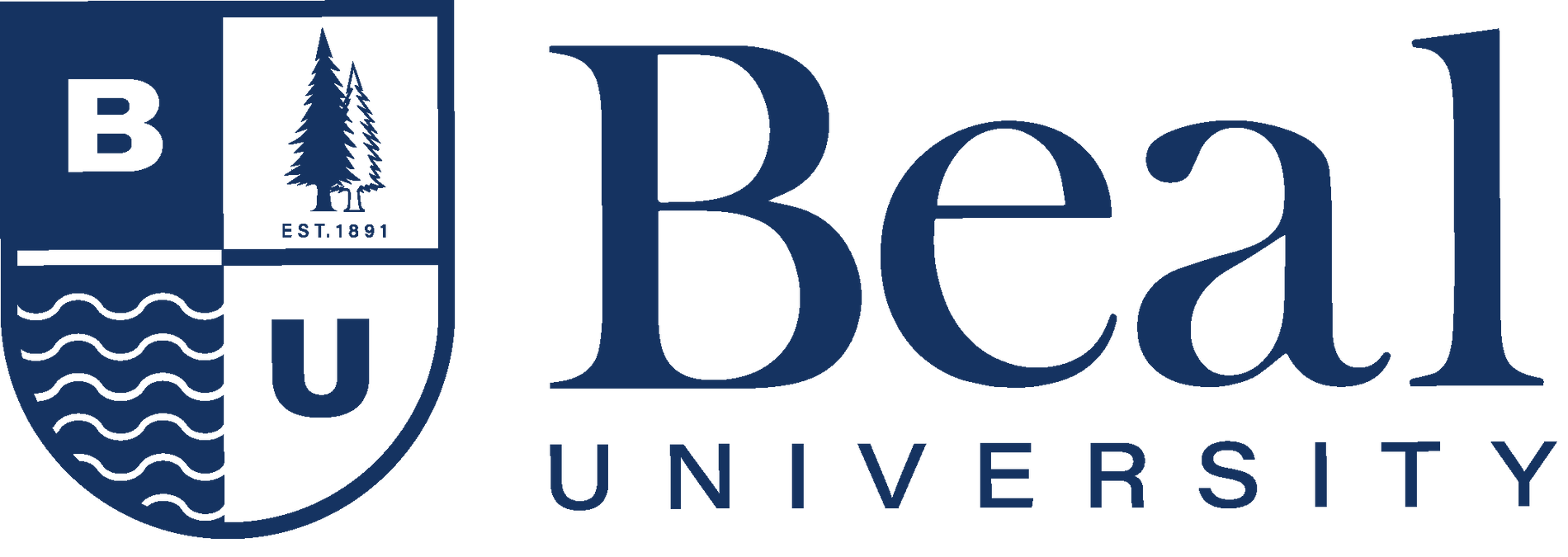Addiction and abuse in the United States has become a prolonged epidemic. Addiction Counselors are Needed Now More than Ever!

Bangor Daily News — If you’re considering a career in addiction counseling, it’s important to navigate through the various job titles and abbreviations associated with the field. Understanding the education, certifications, and qualities required for a certified addiction counselor can help you pursue a rewarding career. In this blog, we will begin by explaining the factors contributing to the increase in drug addiction rates before discussing the necessary education and training to become an addiction counselor.
Factors Contributing to the Increase in Drug Addiction Rates
Various factors, including the global pandemic, opioid epidemic, and social challenges, have led to a rise in anxiety, depression, trauma, and addiction. The diminishing stigma surrounding mental health and substance use disorders has encouraged more individuals to seek treatment. As a result, there is a growing demand for qualified and trained drug abuse / addiction counselors, therapists, and clinical aides who play a crucial role in guiding and supporting those struggling with addiction and mental health issues.
The unprecedented circumstances of recent times have significantly contributed to the rise in addiction rates. The global pandemic has caused widespread stress, isolation, and uncertainty, driving many individuals to turn to drugs as a coping mechanism. Disruptions in daily routines, financial hardships, and increased anxiety have created an environment conducive to substance abuse.
Additionally, the opioid epidemic has worsened, leading to a significant increase in addiction cases. The easy accessibility of prescription painkillers, combined with their highly addictive properties, has fueled the crisis. Individuals who initially sought relief from legitimate medical conditions often find themselves trapped in a cycle of dependence and addiction.
Moreover, political unrest and economic instability can also contribute to rising addiction rates. Unemployment, poverty, and lack of opportunities can create a sense of hopelessness, driving individuals towards substance abuse as a means of escape or self-medication.
Education and Training
To embark on a career as a drug abuse counselor, it is crucial to assess whether this path aligns with your interests and skills. Traits like an interest in human behavior, compassion, empathy, flexibility, patience, and active listening skills are essential for effectively working with individuals struggling with drug abuse. Combined with appropriate education and training, these qualities can lay the foundation for a rewarding profession.
The required education for an addiction counselor varies depending on the level of involvement and the scope of work with patients. While some therapeutic settings may require a bachelor’s degree, many institutions accept a diploma or associate’s degree.
Certifications and Licensing
Once you have obtained the desired level of education, certifications and licensing can further enhance your training and career progression. Several certifications commonly acquired are:
- Certified Alcohol and Drug Counselor (CADC): This certification is for counselors at the Diploma and Associate’s degree level who provide assistance to individuals with Substance Use Disorders
- Licensed Alcohol and Drug Counselor (LADC): LADC applicants must complete 6,000 hours of work experience in the addiction counseling field. A Bachelor’s degree is preferred.
As society becomes more accepting and understanding of mental health and addiction issues, the demand for skilled drug abuse counselors continues to rise. By pursuing a career in this field and acquiring the necessary education, certifications, and licenses, you can make a significant difference in the lives of those struggling with addiction, offering them the support and guidance they need to overcome their challenges.
Take the next step
Is a rewarding career in Addiction Counseling right for you? The best way to see if Beal is right for you is to contact us. We can get you the answers you need about our online addiction counseling degree programs, so you can make the right choice for your future.
Complete this short form to request more information. Afterward, a friendly Beal Career Advisor can answer questions, guide you to our virtual tour, and get you helpful financial aid information.
For immediate questions, call 207-307-3900
